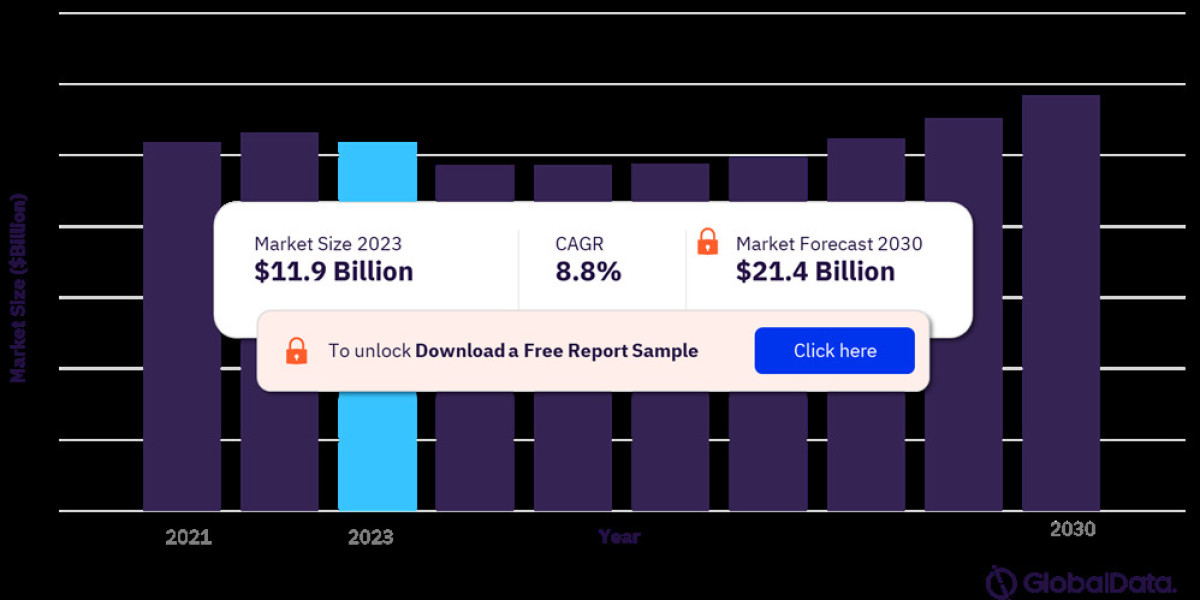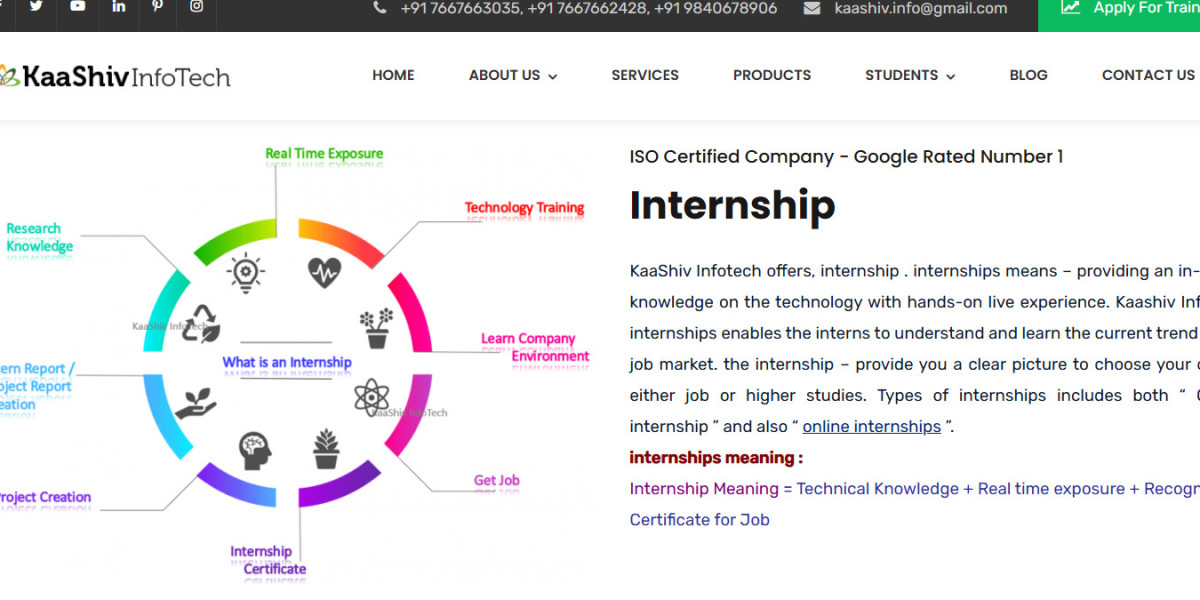To meet these demands, organizations are increasingly turning to quality management software (QMS) as a strategic tool.
This article delves into the ever-expanding QMS market, exploring its current size, projected growth, and the key drivers fueling its success. We'll also analyze industry trends, examine the benefits of QMS implementation, and identify the leading players in this dynamic market space.
Market Size and Growth Trajectory: A Promising Future
The global quality management software market is experiencing significant growth. According to Grand View Research, the market size was estimated at a staggering USD 10.18 billion in 2023 and is anticipated to reach a phenomenal USD 20.67 billion by 2030, exhibiting a healthy compound annual growth rate (CAGR) of 10.6% [1]. This upward trend signifies the growing importance organizations place on streamlining quality processes and achieving operational excellence.
Several factors are propelling the QMS market forward:
- Rising Demand for Streamlined Processes: Businesses are constantly seeking ways to optimize workflows and improve efficiency. QMS facilitates centralized management of quality control procedures, eliminating redundancy and saving valuable time and resources.
- Regulatory Compliance: Stringent regulations across various industries necessitate adherence to specific quality standards. QMS helps organizations stay compliant by automating document control, audit trails, and non-conformance reporting.
- Integration with Emerging Technologies: The integration of QMS with technologies like the Internet of Things (IoT) and Big Data empowers real-time quality monitoring and data-driven decision-making.
- Focus on Customer Satisfaction: In a customer-centric world, delivering quality products and services is paramount. QMS fosters a culture of continuous improvement, allowing businesses to consistently meet and exceed customer expectations.
Industry Trends Shaping the QMS Market
The QMS market is constantly evolving, with innovative features and functionalities emerging to meet the ever-changing needs of businesses. Here are some key trends shaping the market landscape:
- Cloud-Based Solutions: Cloud deployment of QMS solutions is gaining immense traction due to its scalability, affordability, and accessibility. Cloud-based QMS eliminates the need for on-premise infrastructure, making it ideal for businesses of all sizes.
- Mobile Accessibility: The ability to access quality management data and functionalities on mobile devices empowers employees to perform quality checks and inspections on the go, enhancing efficiency and flexibility.
- Advanced Analytics and Reporting: QMS solutions are increasingly incorporating advanced analytics capabilities, enabling businesses to gain deeper insights into quality data, identify trends, and make data-driven decisions to improve overall quality performance.
- Artificial Intelligence (AI) Integration: The integration of AI into QMS is a revolutionary development. AI-powered features like predictive analytics and automated risk assessment can help organizations proactively identify and address potential quality issues.
The Advantages of Implementing QMS
There are numerous advantages to implementing a QMS solution. Here are some of the most significant benefits:
- Enhanced Quality Control: QMS streamlines quality control processes, ensuring consistency and reducing the risk of errors and defects.
- Improved Regulatory Compliance: QMS helps organizations maintain compliance with relevant quality standards and regulations, minimizing the risk of penalties and legal issues.
- Increased Efficiency and Productivity: Automating tasks and workflows within a centralized platform saves time and resources, allowing employees to focus on more strategic initiatives.
- Improved Collaboration and Communication: QMS fosters better communication and collaboration across teams, ensuring everyone is aligned with quality expectations.
- Data-Driven Decision Making: QMS provides valuable data and insights into quality performance, enabling data-driven decisions to optimize processes and improve quality.
- Reduced Costs: By minimizing errors, improving efficiency, and streamlining compliance efforts, QMS can significantly reduce operational costs.
Major Players in the QMS Market Landscape
The QMS market is a competitive landscape with a host of established and emerging players vying for market share. Some of the leading companies in the QMS market include:
- SAP SE
- Microsoft Corporation
- MasterControl, Inc.
- Aras Corporation
- Dassault Systèmes SE
- Siemens AG
- Oracle Corporation
- Arena Solutions Inc.
- Intelex Technologies Inc.
- Sparta Systems Inc.
These companies offer a wide range of QMS solutions catering to diverse industry needs and organizational sizes.
Choosing the Right QMS Solution: Considerations for Businesses
Selecting the right QMS solution can be a complex process. Here are some key factors to consider when making your choice:
View Sample Report for Additional Insights on the Quality Management Software Market Forecast, Download a Free Report Sample



